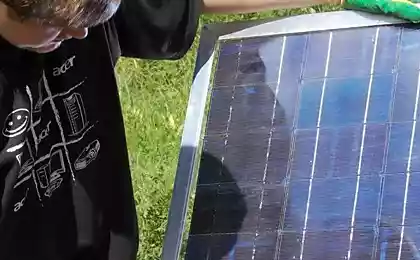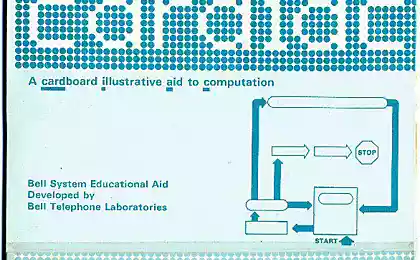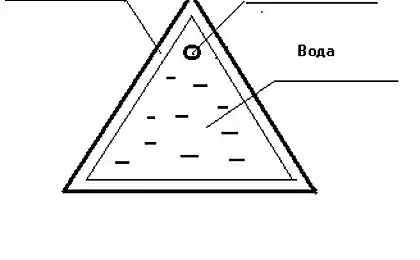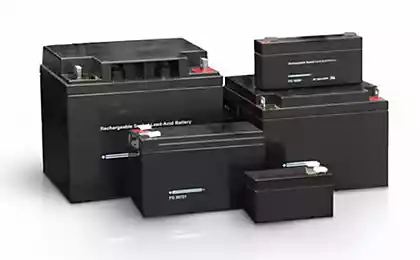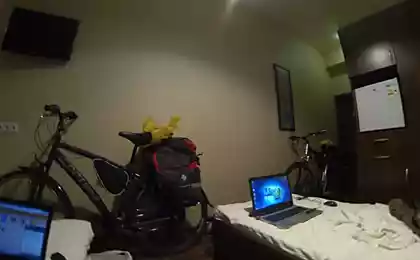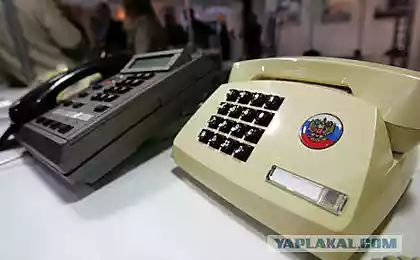388
A way to create a self-charging battery
Thanks to new technology developed by an international team of 19 scientists headed by the Institute de Recherche d Hydro-Québec and McGill University in Canada, the battery of the mobile phones will be able to collect and store solar energy without using solar panels.
Forty four million nine hundred twenty six thousand six hundred eleven
A group of researchers published a study showing that Li-ion battery cathode can be sensitized to light through photoluminous the dye molecules. The study's author Andrea Paolella from Institute de Recherche d Hydro-Québec: "in Other words, our research group was able to simulate the charging process using light as energy source".
The cathode is only half of the process. Researchers need to develop an anode that can store light energy. If they can accomplish this feat, they will create the world's first 100% self-charging lithium-ion battery. And they are already working on the second stage.
Seventy nine million one hundred twenty thousand six hundred seventy three
"I'm optimistic and I think we can get a fully working device. Theoretically, our goal is to develop a new hybrid system of solar panels, but depending on the power that she can generate when we miniaturizer, we can imagine applications for portable devices such as phones," said Andrea Paolella.
The second stage may take years, but co-author George Demopoulos, McGill University Professor, thinks that this passive form of charging can be significant for future devices.
Nature Communications published the study on the website in the beginning of this month, it was also attended by scientists from institutions in Italy, Spain and the United Kingdom. published
P. S. And remember, only by changing their consumption — together we change the world! ©
Source: //www.energy-fresh.ru/energoeffect/?id=14316
Forty four million nine hundred twenty six thousand six hundred eleven
A group of researchers published a study showing that Li-ion battery cathode can be sensitized to light through photoluminous the dye molecules. The study's author Andrea Paolella from Institute de Recherche d Hydro-Québec: "in Other words, our research group was able to simulate the charging process using light as energy source".
The cathode is only half of the process. Researchers need to develop an anode that can store light energy. If they can accomplish this feat, they will create the world's first 100% self-charging lithium-ion battery. And they are already working on the second stage.
Seventy nine million one hundred twenty thousand six hundred seventy three
"I'm optimistic and I think we can get a fully working device. Theoretically, our goal is to develop a new hybrid system of solar panels, but depending on the power that she can generate when we miniaturizer, we can imagine applications for portable devices such as phones," said Andrea Paolella.
The second stage may take years, but co-author George Demopoulos, McGill University Professor, thinks that this passive form of charging can be significant for future devices.
Nature Communications published the study on the website in the beginning of this month, it was also attended by scientists from institutions in Italy, Spain and the United Kingdom. published
P. S. And remember, only by changing their consumption — together we change the world! ©
Source: //www.energy-fresh.ru/energoeffect/?id=14316
The mains can be a guide in the era of 5G
Alisa Freindlich: Three quarters of life I thought I was still ahead






